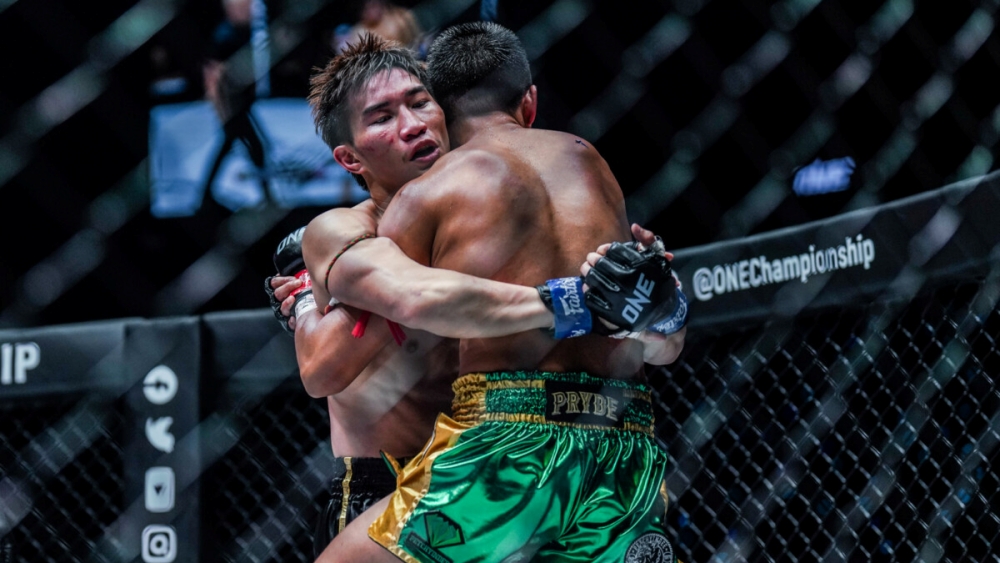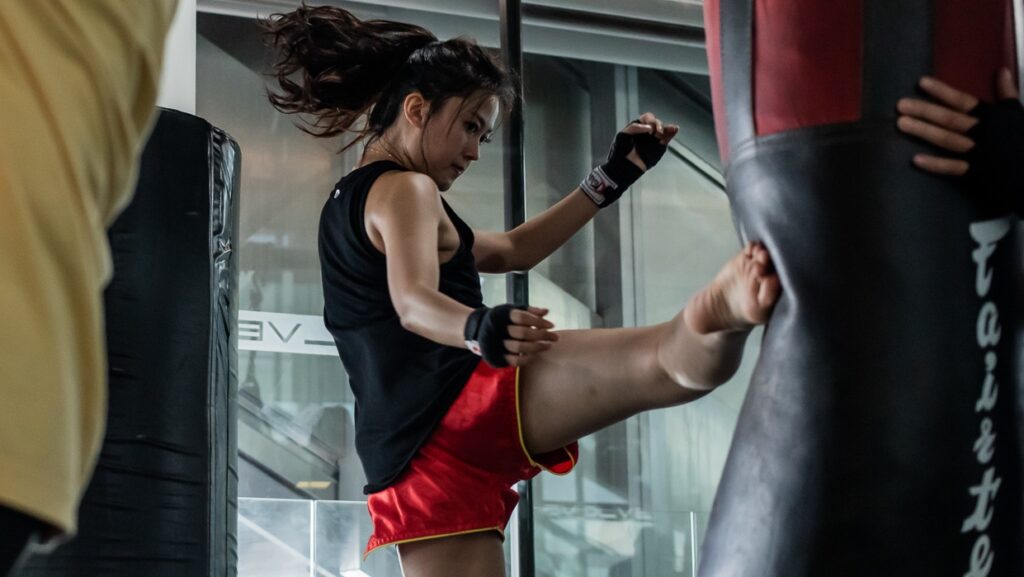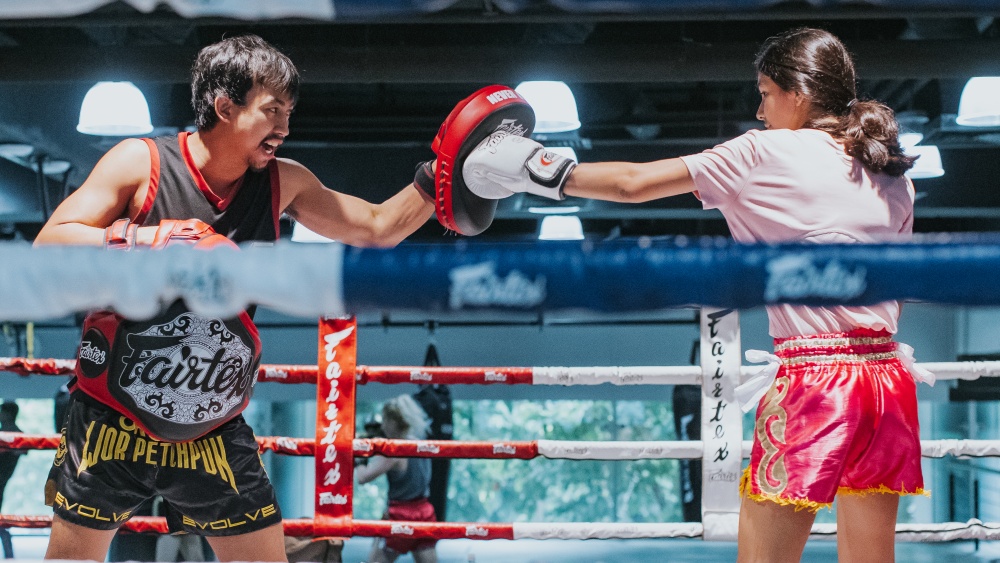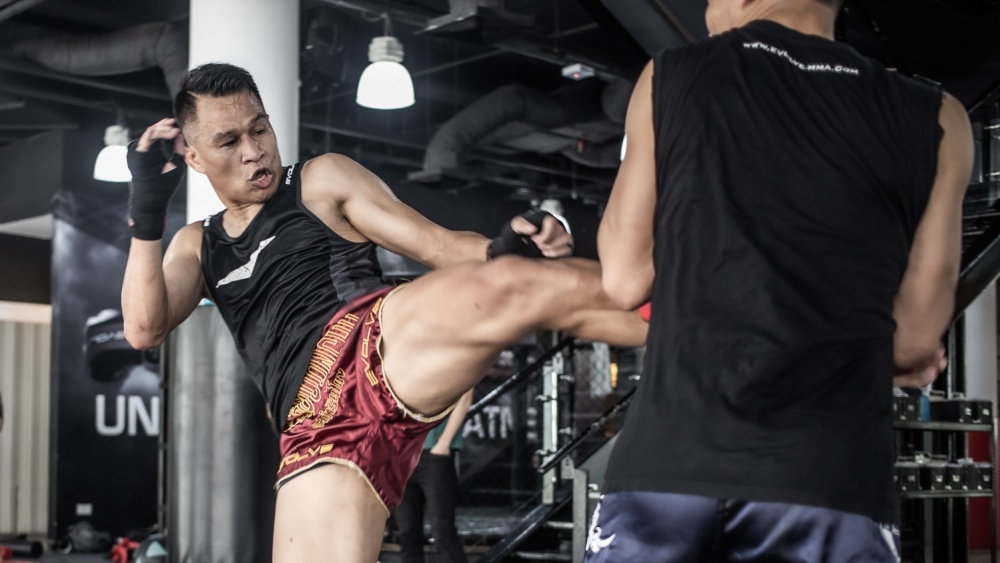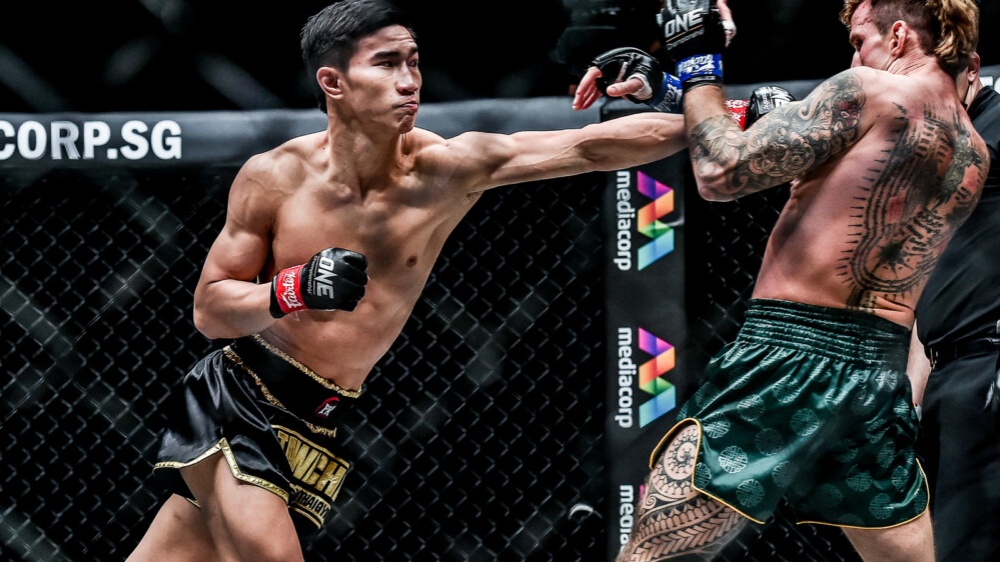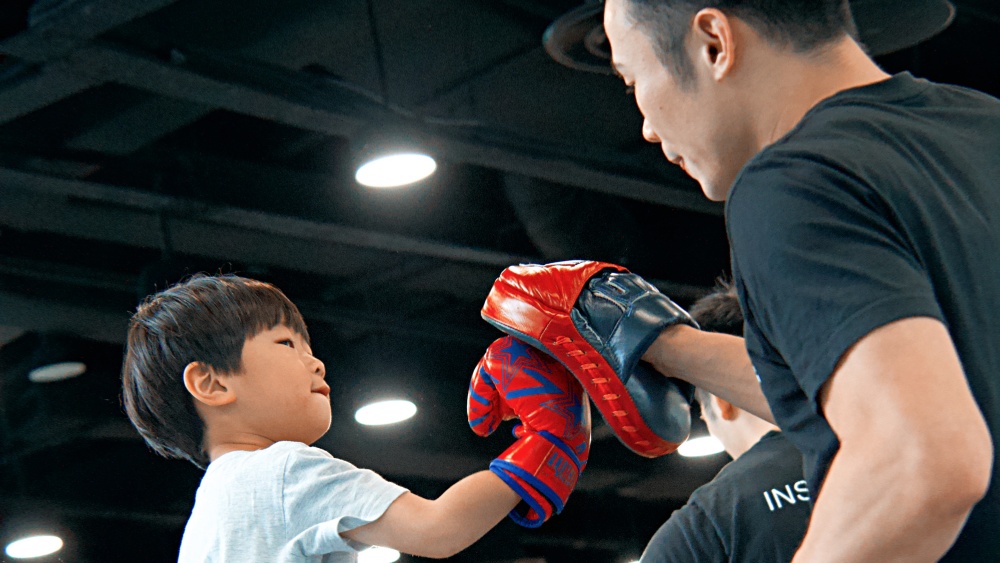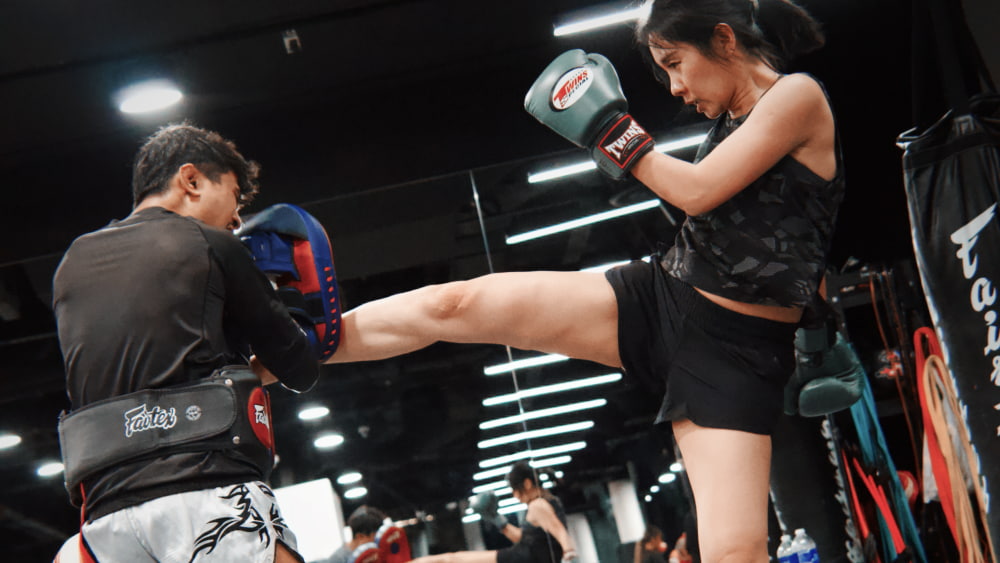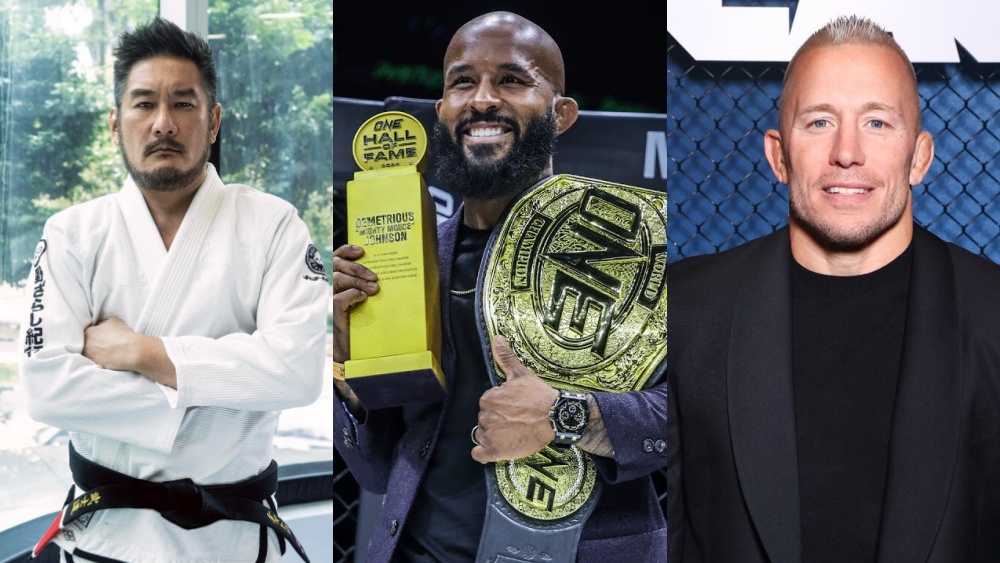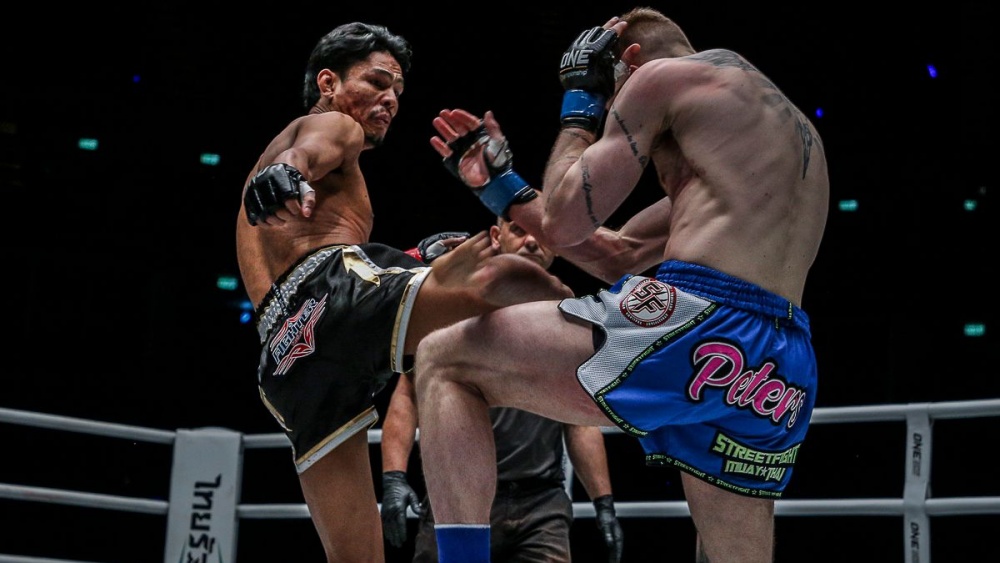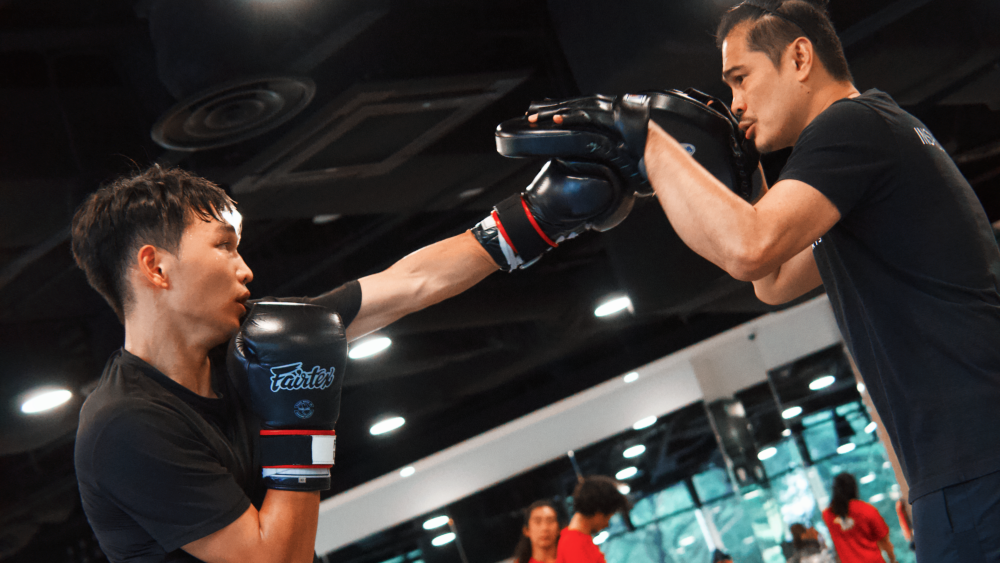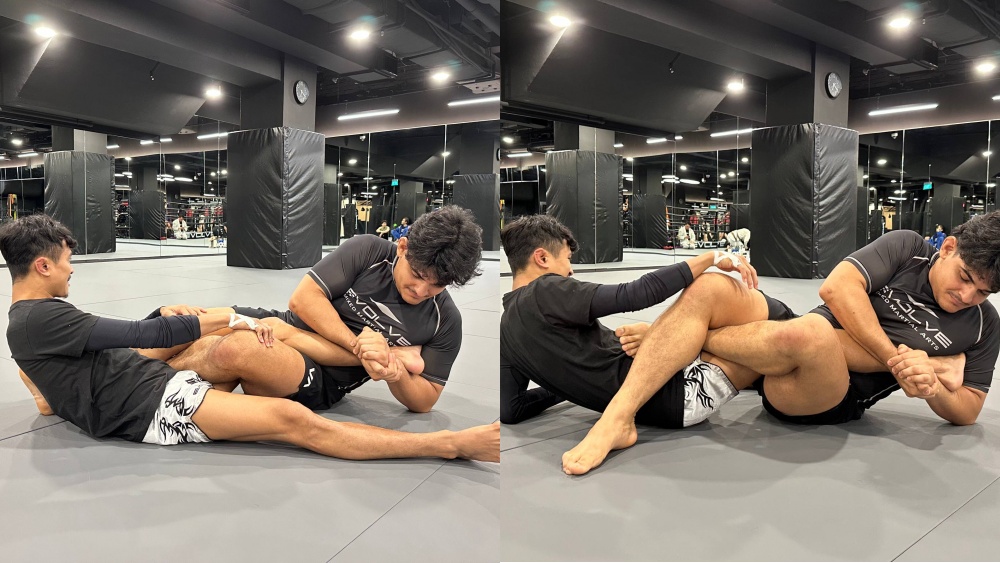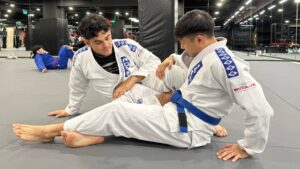So, you’ve been training hard for a while, maybe you’ve attended a few interclubs and now you have made the decision to fight. Competing in Muay Thai, even at an amateur level is almost a full-time job. It takes a professional mindset to ensure that you are well-prepared, and the process can be overwhelming if you are going through it for the first time.
This article aims to break down the fight camp process by giving you a list of 8 key aspects to focus on in your weekly training regime. It will define what they are, why they are important and some brief instructions on how to perform each of them so that you are primed to perform at your best when you step over those ropes for the first time.
1) Be Consistent In Your Training Before Your Match Gets Confirmed
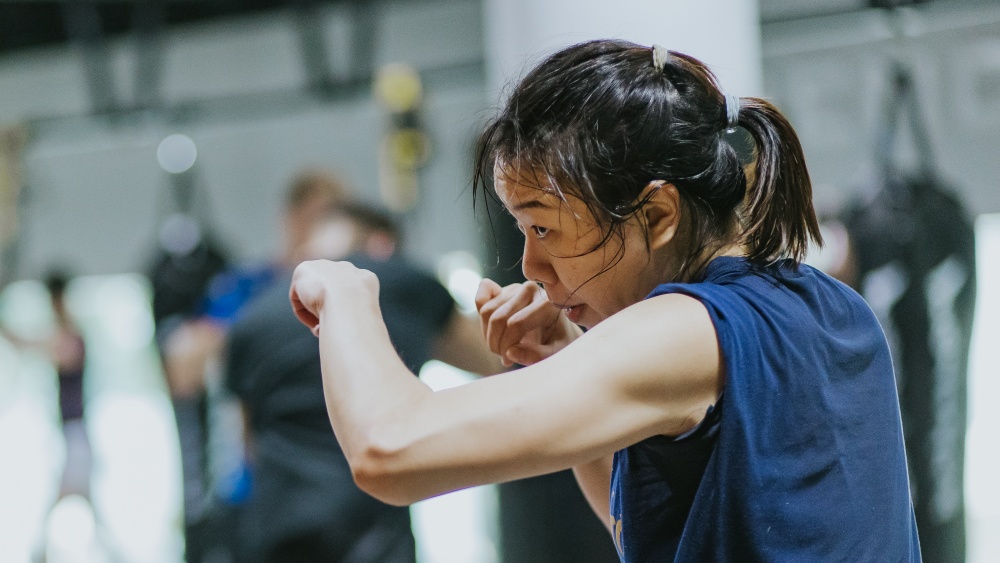
If you want to fight, then you need to prove it through your actions. It takes a tremendous amount of work to prepare for competition and amateur fights usually aren’t matched more than a few weeks in advance. You can’t expect to be ready to fight on short notice if you haven’t been training consistently and your coach isn’t likely to consider you for a fight if they don’t see you at training.
This doesn’t mean that you need to be doing everything on this list week in, and week out to be prepared but you’re going to need a decent base of fitness to build from if you’re going to be at your best on fight day. If you are looking to prove that you are ready for your first match, then consider doing some extra work without being prompted by your coach. Run every other day, occasionally stay back to do those extra knees on the bag with your teammates who are already fighting and be mindful of your diet.
Remember, your coach is going to need to invest a lot more time and energy into you as you prepare for your first fight and if they need to bully you into doing the extra stuff, it isn’t likely that you’ll be their first priority when a fight gets offered at your weight.
2) Do The Work! All Of It!
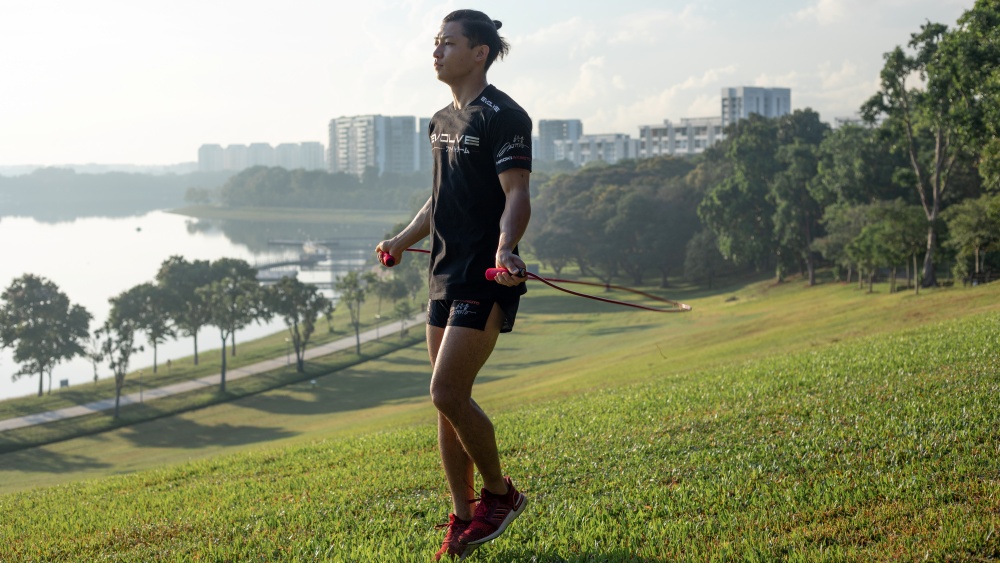
It takes a lot of work to prepare for a fight and you can’t expect to be at your best if you just hit pads and spar for an hour a day. Running before sunrise, clocking in the extra hours is part of the process. It can be incredibly monotonous at times. In fact, many aspects of a fight camp can be downright boring.
There will be times that you feel exhausted, and you don’t think your legs will carry you through that early morning run and when that happens it might help to remind yourself that there is somebody in a gym across town who is obsessed with knocking you out in front of your friends and family. Imagine that they have read this article and are ticking all the boxes in their preparation. If you want to maximise your chances of beating them then you can’t cut any corners and knowing that you have done all of the work with a professional attitude will only raise your confidence as you walk into the ring.
3) Fuel Your Body For Training!

There is a saying that is heard in gyms across the world; “you can’t out-train a bad diet,” and it couldn’t be more true. If you aren’t properly fuelled, then you will struggle to train well and recover between sessions. You’re going to need to make sure you are getting adequate amounts of your macronutrients—carbohydrates, proteins, and fats—to perform throughout your numerous sessions as well as all the necessary vitamins and minerals to bolster your energy and keep your immune system functioning properly.
Also, weight cutting is endemic in every combat sport, and though it isn’t recommended that you go into an extreme weight cut for your first bout, it is highly likely that you will need to shed a few pounds to ‘make’ the agreed weight. Missing weight, which is coming to the weigh-in above your weight bracket, not only reflects badly on your coaches and gym but could also result in your fight being cancelled altogether.
Sports nutrition is an incredibly complicated subject and one which is difficult for most people to get their heads around, especially when their mind is struggling to balance the demands of fighting with the requirements of their daily lives. Many fighters utilise the services of sports nutritionists to help them make the weight-cutting process safer and less stressful. Not everyone can afford this, but if you can, you won’t regret it.
4) Strength Programs Are A Must!
Strength is important and almost all high-level fighters are dedicated to a sports-specific weights program. You need to be fast and strong if you want your opponent to respect your power. It can make them hesitate to engage with you, making it easier to set the pace and rhythm of the fight and it will maximise your chances of knocking them out. It is also important to have strength and endurance in the clinch, an essential part of fighting Muay Thai.
Your coach will have a general idea of what exercises will help you develop power and speed in your strikes but a professional who specialises in developing strength, speed and power in athletes is likely to get you the best results. Luckily, there are a growing number of strength coaches who specialise in combat sports, and it is recommended that you employ their services if you can afford it.
5) Recover Between Sessions!
You can’t expect every training session to be perfect in the weeks leading up to your fight. The training load required to prepare for a fight can be extreme and it is likely that your performance in the gym will diminish over the course of your preparation. When you’re struggling to keep your guard up in sparring and your punches feel like they’ve got the power of a tantrum-throwing toddler then it is time to rest and recover.
Overtraining, that is doing all of the work that is required of you without taking adequate rest, lowers your immunity and raises your chances of getting sick or injured in the lead-up to a fight. To minimise this risk and to maximise your quality of training, it is important to employ strategies that will repair your body between sessions.
Yoga, massages, and getting adequate sleep are all basic strategies that can help in recovery. A balanced diet filled with the right nutrients also works wonders, (this is another reason why a trained nutritionist is a worthwhile investment). Hot and cold therapy has also become a standard for many athletes who will alternate between a sauna and a cold bath for recovery.
If you don’t know what this involves, the video above provides a scientific explanation of the process.
6) Visualise Success!
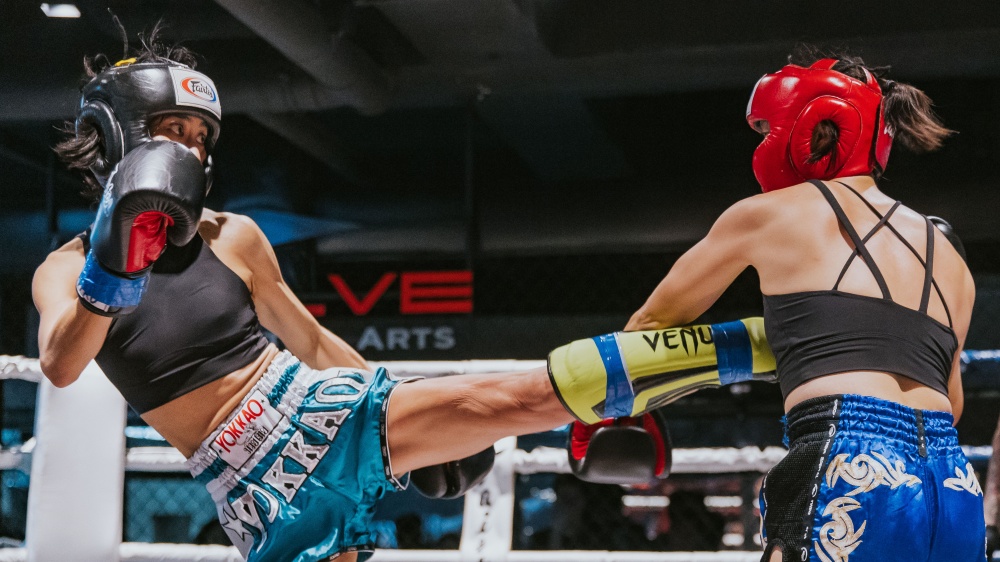
Visualisation is the active process of picturing your fight to dispel doubt and build confidence. If you are taking your preparation seriously it is likely that you will spend a lot of time imagining what your fight will be like, but this does not mean that you a visualising properly.
Many fighters will schedule ten to twenty minutes a day where they won’t be interrupted so that they can picture every aspect of their fight. This can include imagining how they are going to follow their game plan round by round so that by the time they fight it feels as if they’ve already won the battle dozens of times in their head. It can also involve focusing on the parts of the competition that make them nervous and walking through them step by step, envisioning a positive outcome each time.
For example, if you are worried about getting knocked down by a massive punch then you could imagine yourself coming back from the eight count to win the fight. Or if you worry that your opponent will be stronger than you in the clinch then you could imagine how you will keep your range or shut down the clinch before they have the chance to score.
Some people find it easiest to visualise while listening to their walk-out music or to the traditional Thai music played during a fight as a way to fully immerse themselves in the experience.
7) Listen To Your Coach!
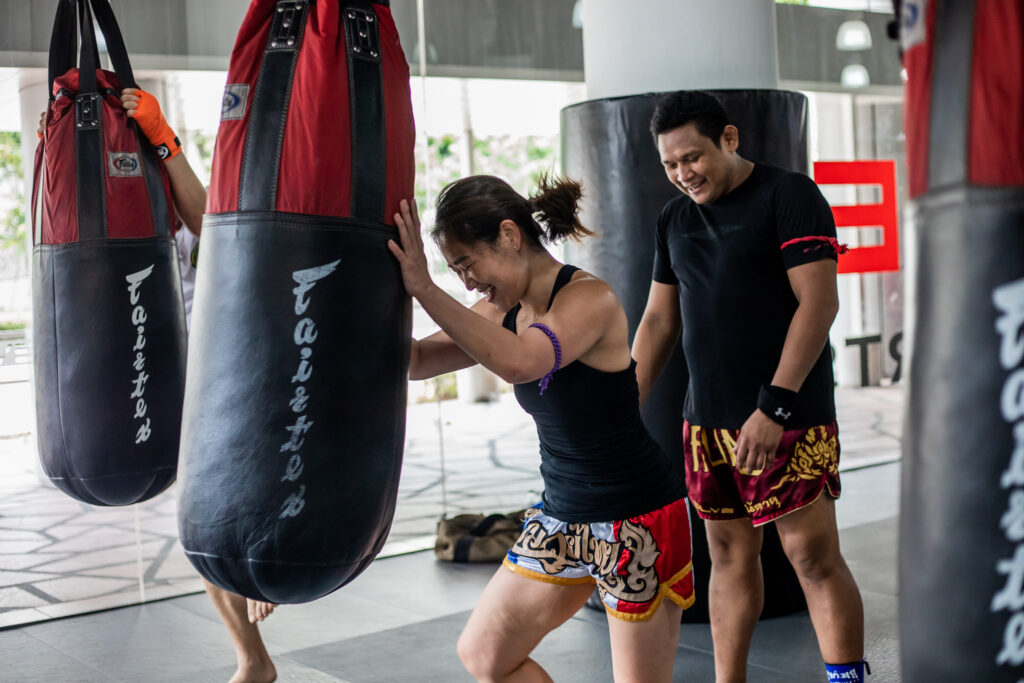
Every gym will have a slightly different approach to preparing you for your first fight. First and foremost, it is important to listen to your coaches and trust in their advice as you prepare for your first bout. They’ve likely gone through this process many times before as both an athlete and as a trainer, so be sure to listen to them. They’ll be the ones giving you advice between rounds that could mean the difference between a triumphant win and a knockout loss, so it is imperative that you discuss all of the aspects described in this list with them to ensure that you are both on the same page when the opening bell sounds.
You may also like:
Counter-Attacking In Muay Thai: Exploiting Openings And Capitalizing On Mistakes
Developing Your Own Muay Thai Combinations: A Guide To Fluid And Effective Striking Sequences
